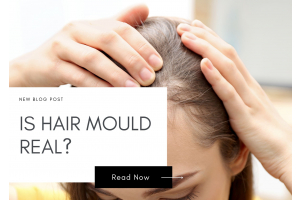
The Benefits of
Sleeping on Silk
Silk has a similar structure to hair, being made from 80% fibroin and 20% sericin, which are both proteins. Human hair, however, is made of Keratin protein. Both silk and human hair contain amino acids, which are easily absorbed into the hair. The amino acids in silk are used in formulating shampoos and conditioners as well as moisturisers and body lotions because they create a protective barrier and preserve moisture. The amino acids bind with the keratin in your hair to help it regenerate as you sleep.
Mulberry silk tends to be the most luxurious and durable type of silk. Graded in ‘mommes’ to indicate the weight, with 12-19 mommes considered high quality.
So why are silk pillowcases becoming so popular? Silk pillows help your hair to control sebum; traditional, cotton pillowcases soak up sebum overnight, which can make the hair dry and lead to frizzy hair or the scalp producing more sebum to compensate for what is being lost. This overproduction will make the hair appear greasy. As silk is less absorbent your hair stays moisturised and the fabric isn’t absorbing all the natural oils your scalp produces.
As silk is made of perfectly smooth fibres, it causes no mechanical irritation when hair glides against it.
On the other hand, cotton has a coarser texture that can cause your hair to break and tangle. Silk protects your hair. When you toss and turn at night, the worry of friction is removed, and less damage is caused to the hair follicle, helping you to retain length and shine.
Not only does silk help to balance moisture, but this breathable material is also hypoallergenic, which is good for allergy sufferers. The fibres have a natural resistance to dust mites, mould, and other allergens.
As silk is produced from domesticated silkworms that are bred and raised in captivity, there is little exposure to chemicals. As such silk pillowcases help you to reduce chemical exposure.
Elizabeth x






